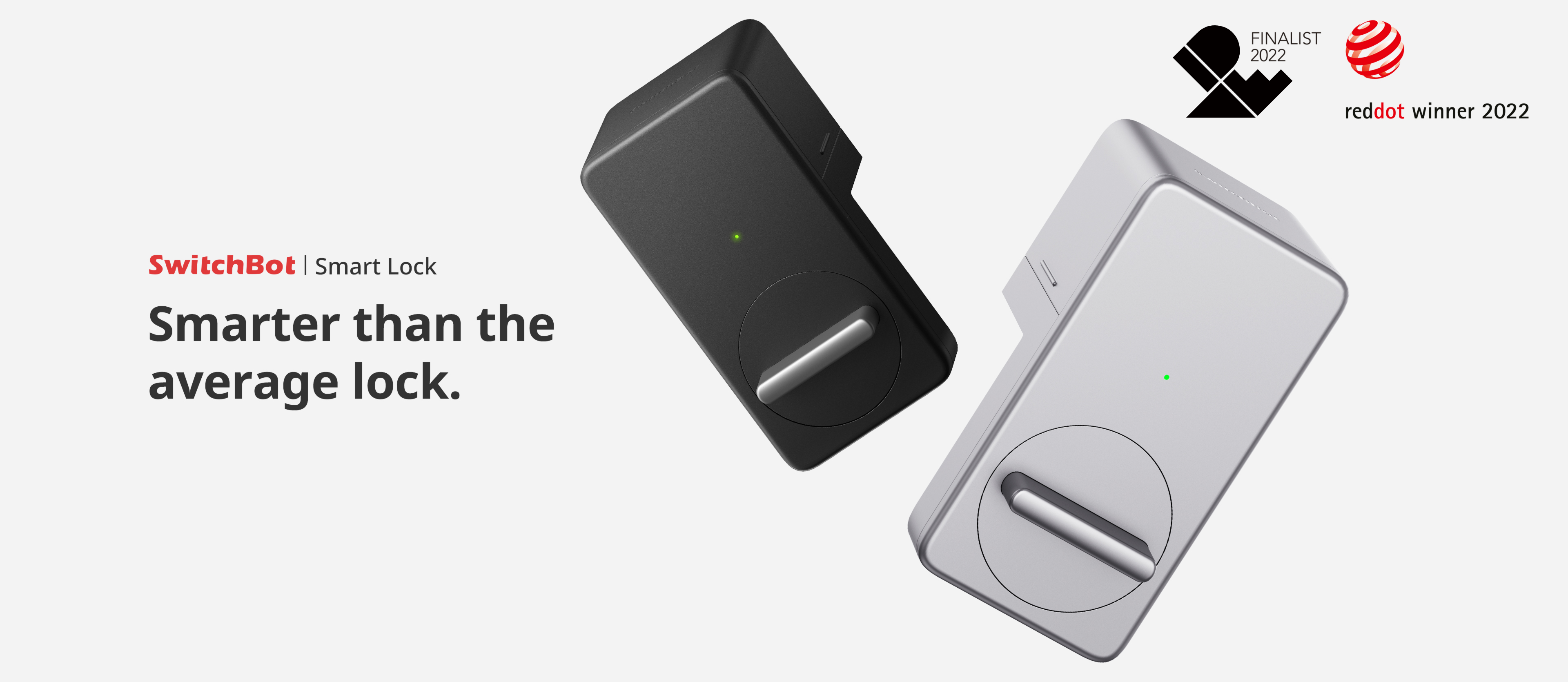Unlocking Convenience: Discover the Ultimate Smart Lock for Your Home!
In recent years, smart locks have gained immense popularity as a modern solution for home security. These innovative devices not only enhance the safety of your home but also offer unparalleled convenience. Imagine being able to lock and unlock your front door from anywhere in the world using your smartphone! With smart locks, you can grant access to family members or service personnel remotely, ensuring you never have to worry about lost keys again. As we delve into the world of smart locks, we’ll explore the various options available in the market, allowing you to make an informed decision for your home.

Understanding Smart Locks
A smart lock is a sophisticated locking mechanism that can be controlled electronically. Unlike traditional locks that require a physical key, smart locks utilize digital technology to provide security and convenience. These locks typically operate via Bluetooth, Wi-Fi, or a keypad, each offering unique advantages. Bluetooth smart locks connect directly to your smartphone, enabling quick access without the need for an internet connection. Wi-Fi smart locks, on the other hand, allow for remote access from anywhere, providing the ultimate flexibility. Keypad access offers a simple and secure way to enter your home without needing a key, ideal for families or guests. By understanding these technologies, you can choose the right smart lock that fits your lifestyle and security needs.
Key Features to Consider
When selecting a smart lock for your front door, several essential features should guide your decision-making process:
- Remote access and monitoring capabilities: Look for locks that allow you to monitor access and control your lock remotely through a mobile application.
- Integration with smart home systems: Choose locks that can seamlessly integrate with your existing smart home devices, such as security cameras or smart lighting.
- Backup key options: Ensure that your smart lock has a backup key option, providing peace of mind in case of battery failure or connectivity issues.
- Battery life and security measures: Consider locks with long-lasting batteries and advanced security features, such as tamper alerts or auto-lock functions.
These features not only enhance convenience but also contribute to the overall security of your home, making them crucial considerations when making a purchase.
Comparing Different Smart Lock Options
The market offers a diverse range of smart lock options, each designed to meet specific needs and preferences. Here are some of the most common types:
- Smart deadbolts: These locks replace traditional deadbolts and offer enhanced security with features like remote access and monitoring.
- Smart lever locks: These are ideal for interior doors or homes that require easy access, especially for children or elderly family members.
- Keyless entry systems: These locks eliminate the need for physical keys altogether, relying solely on codes or smartphone apps for entry.
When comparing these options, consider factors such as ease of installation, security ratings, and user reviews. For instance, smart deadbolts are generally favored for exterior doors due to their robust security features, while smart lever locks might be more suitable for interior use. Understanding the pros and cons of each type will help you choose the best solution for your home.
Installation and Maintenance
Installing a smart lock can often be a straightforward process, especially with many models designed for DIY enthusiasts. Most smart locks come with comprehensive instructions and can typically be installed using standard tools. However, if you're not comfortable with DIY projects, professional installation services are also widely available. Once installed, maintaining your smart lock is essential for ensuring its longevity and security. Regularly check the battery life, perform firmware updates as prompted, and ensure the locking mechanism is functioning correctly. A friend of mine discovered the importance of maintenance the hard way when their smart lock failed due to outdated firmware, leaving them locked out on a rainy day!
Making an Informed Choice for Your Smart Lock
Choosing the right smart lock for your front door is a crucial decision that can significantly impact your home’s security and convenience. By understanding the various types of smart locks, their key features, and installation processes, you can make an informed choice that meets your specific needs. Whether you prioritize remote access, integration with smart home systems, or ease of use, there is a smart lock out there for you. Investing in a smart lock not only enhances your home’s security but also provides peace of mind and convenience in your daily life. So take the time to explore your options, and unlock a new level of security for your home!
